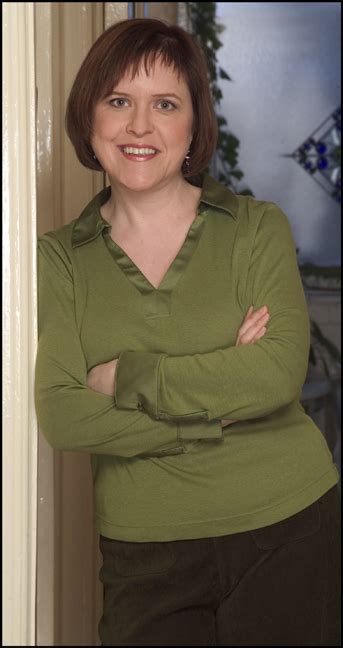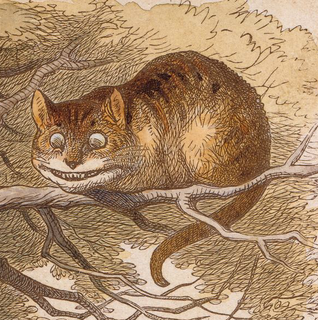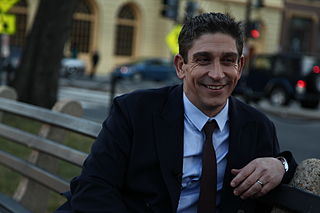A Quote by Maryrose Wood
Nowadays, people resort to all kinds of activities in order to calm themselves after a stressful event: performing yoga poses in a sauna, leaping off bridges while tied to a bungee, killing imaginary zombies with imaginary weapons, and so forth. But in Miss Penelope Lumley's day, it was universally understood that there is nothing like a nice cup of tea to settle one's nerves in the aftermath of an adventure- a practice many would find well worth reviving.
Quote Topics
Activities
Adventure
After
Aftermath
All Kinds
Bridges
Bungee
Calm
Cup
Day
Event
Find
Forth
Imaginary
Killing
Kinds
Like
Many
Miss
Nerves
Nice
Nothing
Nowadays
Off
Order
People
Performing
Poses
Practice
Resort
Settle
Stressful
Tea
Themselves
Tied
Understood
Universally
Weapons
Well
While
Worth
Would
Yoga
Zombies
Related Quotes
In Britain, a cup of tea is the answer to every problem. Fallen off your bicycle? Nice cup of tea. Your house has been destroyed by a meteorite? Nice cup of tea and a biscuit. Your entire family has been eaten by a Tyrannosaurus Rex that has travelled through a space/time portal? Nice cup of tea and a piece of cake. Possibly a savoury option would be welcome here too, for example a Scotch egg or a sausage roll.
Yoga is a way of moving into stillness in order to experience the truth of who you are. The practice of yoga is the practice of meditation-or inner listening-in the poses and meditations, as well as all day long. It's a matter of listening inwardly for guidance all the time, and then daring enough and trusting enough to do as you are prompted to do.
For any artistic person who creates imaginary people, the art is like inhabiting the life and mind of a seven-year-old child with imaginary friends and imaginary events and imaginary grace and imaginary tragedy. Within that alternate universe, the characters do have quite a bit of free will. I know it's happening in my mind and my mind alone, but they seem to have their own ability to shape their destinies. So I'm not shooting for anything. If the characters are vulnerable it's simply because they're very human.
I started to make a joke that I had an imaginary friend underneath the let-out couch named Binky. I would never talk to him; I would only use him as entertainment for other people. I knew they thought that children had imaginary friends, so I was like, "I don't really believe in imaginary friends, but I want to feel like I do." I used to make a joke, "My imaginary friend Binky says this," because I knew it would get a laugh out of them.
I told her tea bags were just a convenience for people with busy lives and she said no one is so busy they can't take time to make a decent cup of tea and if you are that busy you don't deserve a decent cup of tea for what is it all about anyway? Are we put into this world to be busy or to chat over a nice cup of tea?
One might think this means that imaginary numbers are just a mathematical game having nothing to do with the real world. From the viewpoint of positivist philosophy, however, one cannot determine what is real. All one can do is find which mathematical models describe the universe we live in. It turns out that a mathematical model involving imaginary time predicts not only effects we have already observed but also effects we have not been able to measure yet nevertheless believe in for other reasons. So what is real and what is imaginary? Is the distinction just in our minds?



































